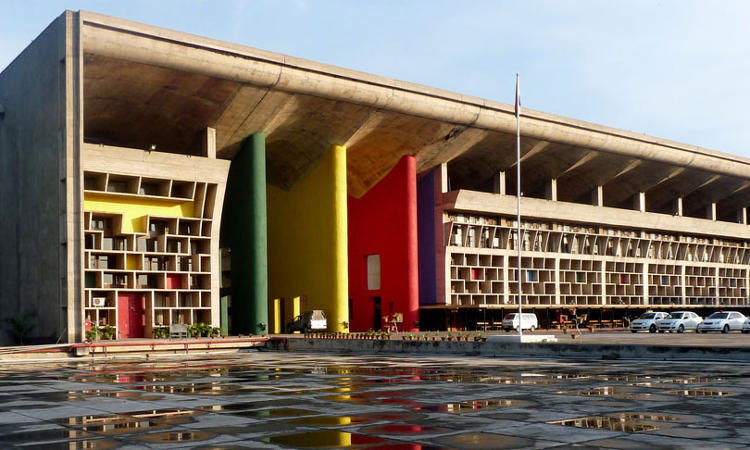"If all officers eligible are to be considered without any regulation/ restriction of the zone of consideration among such eligible officers, then would such practice not violate the mischief sought to be curtailed/removed by Prakash Singh's case?", the Punjab and Haryana High Court asked the UPSC. The UPSC has also been directed to compile a chart showing comparative merit of all...

